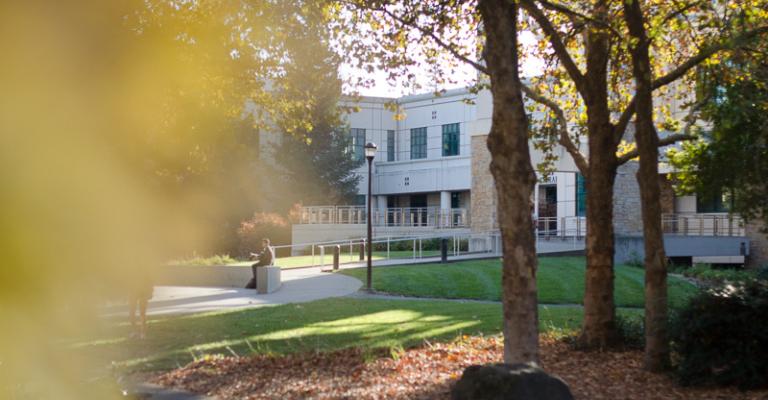Departments
The Center for Academic Access and Student Enrichment (CAASE) is part of the Division of Student Affairs and is comprised of five departments dedicated to supporting underrepresented and underserved students at Sonoma State University. CAASE provides holistic resources, programs, and services designed to promote student persistence, academic success, and timely graduation. Below is a list of the departments that collectively make up CAASE.
CAASE Services
Students within CAASE have access to holistic advising, community-building activities, access to the CAASE lounge, and a range of additional student support services. To learn more, go to our Resources and Technology for Success page.
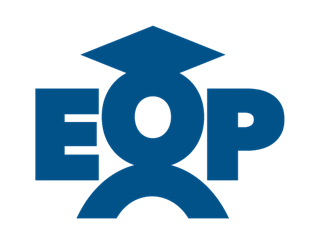
Educational Opportunity Program
The Educational Opportunity Program provides access, academic support, and transitional services improving the retention of first generation, historically low income, and educationally disadvantaged students.
Eligibility Requirements (you must meet all eligibility requirements in order to qualify for EOP)
- Graduating high school senior or transfer student
- First-generation college student (neither parent has a four-year bachelor's degree from a U.S. institution)
- Historically low-income (meet EOP income guidelines)
- California resident (have lived in California for at least three years and have a high school diploma or equivalent or an associates degree).
Visit EOP to learn more.
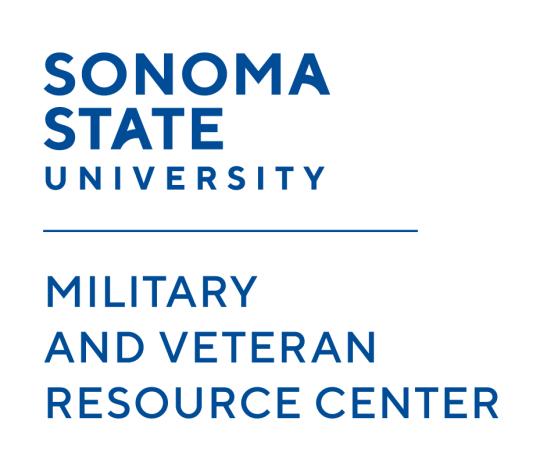
Military and Veteran Resource Center
Sonoma State University is proud to serve our military-affiliated students. The Military and Veteran Resource Center and the Financial Aid Office have partnered to provide academic, social, and financial services to ensure the success of our student veterans, reservists, dependents, and those in active duty status.
MAVRC supports current military-affiliated students with general academic advising, community building events and resources.
Visit MAVRC to learn more and apply.
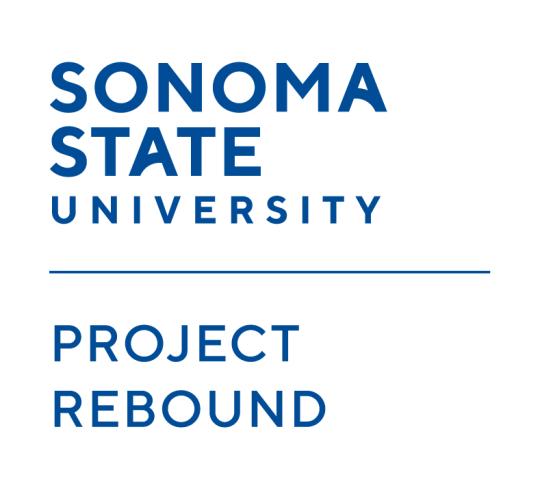
Project Rebound
Project Rebound is a program that supports the higher education and successful reintegration of formerly incarcerated individuals wishing to enroll and succeed at the California State University. By connecting students with critical resources, Project Rebound constructs an alternative to the revolving door policy of mass incarceration and increases community strength and safety.
Visit Project Rebound to learn more and apply.
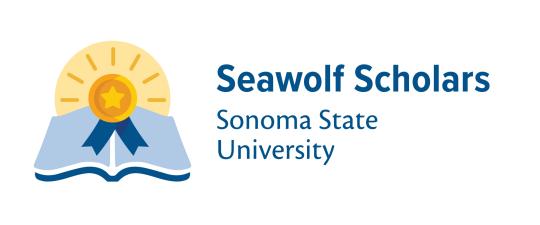
Seawolf Scholars
The purpose of Seawolf Scholars at Sonoma State University is to provide current and former foster youth with advocacy, academic support, community building, and access to resources for educational success.
Eligibility Requirements
- Current or former foster youth
- Guardianship care/kinship care
- Ward of the court
- Emancipated minor
- Unaccompanied homeless youth
Visit Seawolf Scholars to learn more.
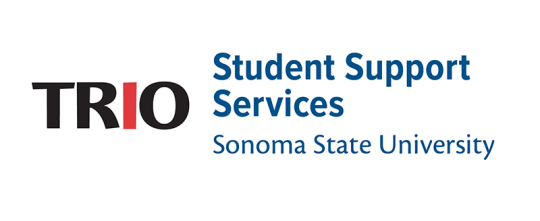
TRIO Student Support Services
TRIO Student Support Services (SSS) is a federally funded Department of Education TRIO program which provides a variety of academic and personal support services to first-generation, low-income undergraduate students, and undergraduate students with disabilities to ensure they successfully navigate college and graduate with a bachelor’s degree. TRIO SSS has been successfully serving students at Sonoma State for over 30 years.
Sonoma State University hosts two TRIO SSS programs: the Multilingual Achievers Program and the United for Success Program.
Eligibility Requirements
- Be a U.S. citizen or permanent resident and meet at least one of the following:
- A first-generation college student (neither of the student’s parents/guardians has obtained a bachelor’s degree)
- A student who meets the federal low-income levels
- A student with a documented disability
In addition to the above criteria, students interested in participating in the Multilingual Achievers Program must have learned another language prior to learning English.
Visit TRIO SSS to learn more.


